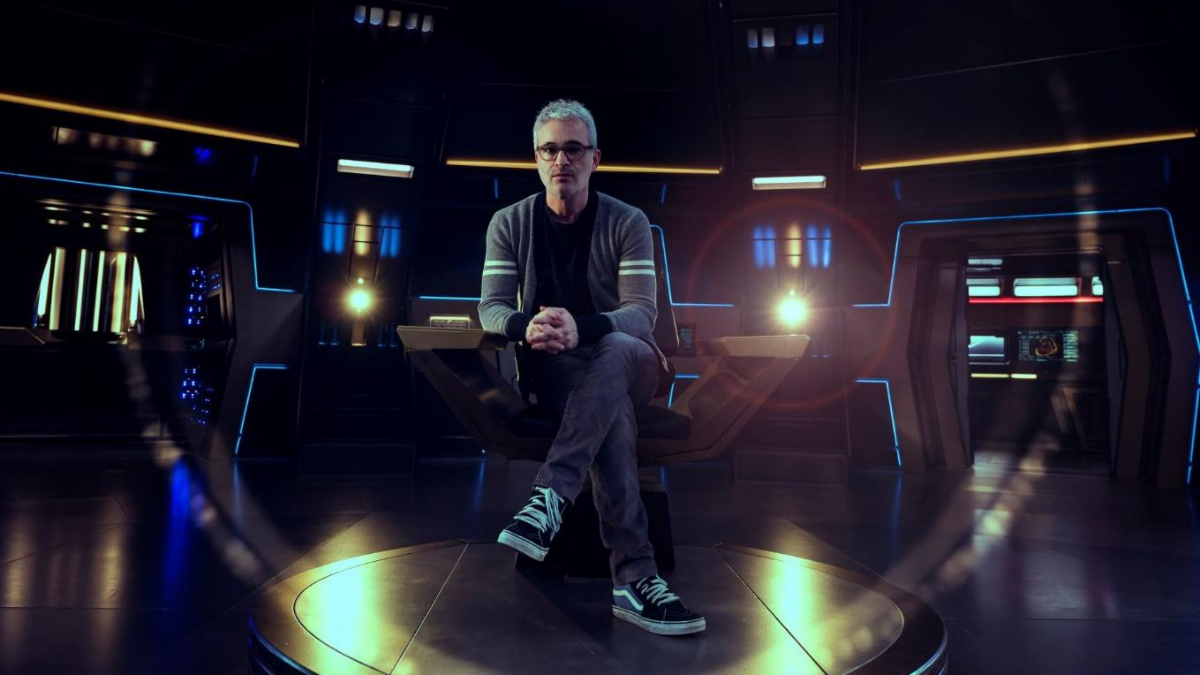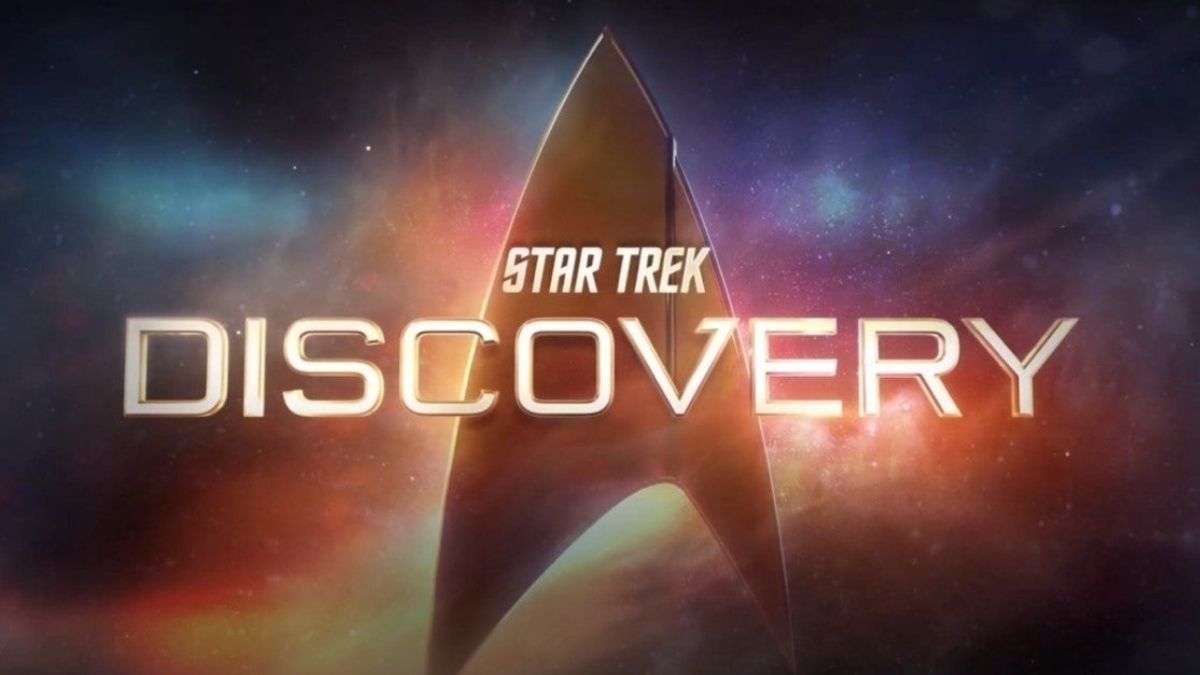The Evolution of STAR TREK: Navigating the Modern Era with Alex Kurtzman

Alex Kurtzman.
As the curtain falls on Star Trek: Discovery after five seasons, marking the end of the longest-running series in the modern Trek era, the question arises: Can any modern Star Trek series ever surpass the 100-episode milestone? This question echoes through the halls of the franchise's legacy, touching upon the changing landscape of television and the unique challenges and opportunities that streaming platforms present.
In an insightful conversation with CinemaBlend, Alex Kurtzman, the visionary steering the Star Trek universe, shared his reflections on the future of the franchise and the impact of streaming on traditional TV milestones. Star Trek: Discovery's conclusion after five successful seasons is no small feat in today's fragmented and content-saturated media landscape. As Kurtzman pointed out, the viewing habits have shifted dramatically with the advent of streaming, where shows often see a dip in viewership after their first couple of seasons. This trend is not exclusive to Star Trek but is indicative of the broader patterns of consumption in the streaming era.
Kurtzman's contemplation of whether a modern Star Trek series could ever reach the storied 100-episode mark reveals the complexities of producing content in the current entertainment environment. The proliferation of viewing options and the fierce competition for audience attention have reshaped how shows are conceived, produced, and received by audiences. The challenge of sustaining a series for a prolonged period, as was common in the past, has become significantly more daunting.
Yet, Kurtzman's perspective on the matter is not one of lamentation but of adaptation and appreciation for the new dynamics at play. The limitation of having around ten episodes per season compels a more focused and deliberate storytelling approach, ensuring that each episode contributes significantly to the narrative arc and overall character development. This shift towards quality over quantity represents a departure from the traditional broadcast model, where filler episodes were often used to meet the demands of longer seasons.
Despite the unlikely prospect of a modern Star Trek series hitting the 100-episode mark, Kurtzman's reflections underscore a broader evolution within the entertainment industry. The emphasis on concise, impactful storytelling aligns with contemporary viewers' preferences for tightly crafted narratives and character-driven plots.
Interestingly, Star Trek: Strange New Worlds has embraced a balance between episodic adventures and overarching narratives, potentially setting a precedent for future installments of the franchise. This hybrid approach may pave the way for Star Trek to continue thriving in the streaming age, even if the traditional benchmarks of success, like the 100-episode milestone, become relics of the past.
As Star Trek ventures into new territories, both in the fictional universe and in the realm of television production, the legacy of the franchise remains as vibrant and influential as ever. The journey of Star Trek: Discovery and the anticipation surrounding future projects, including a rumored Jean-Luc Picard movie, attest to the enduring appeal and adaptability of Star Trek in meeting the tastes and expectations of a diverse and evolving audience base.
Chris Post is a life-long fan of Star Trek who has been working in journalism for nearly 25 years.




